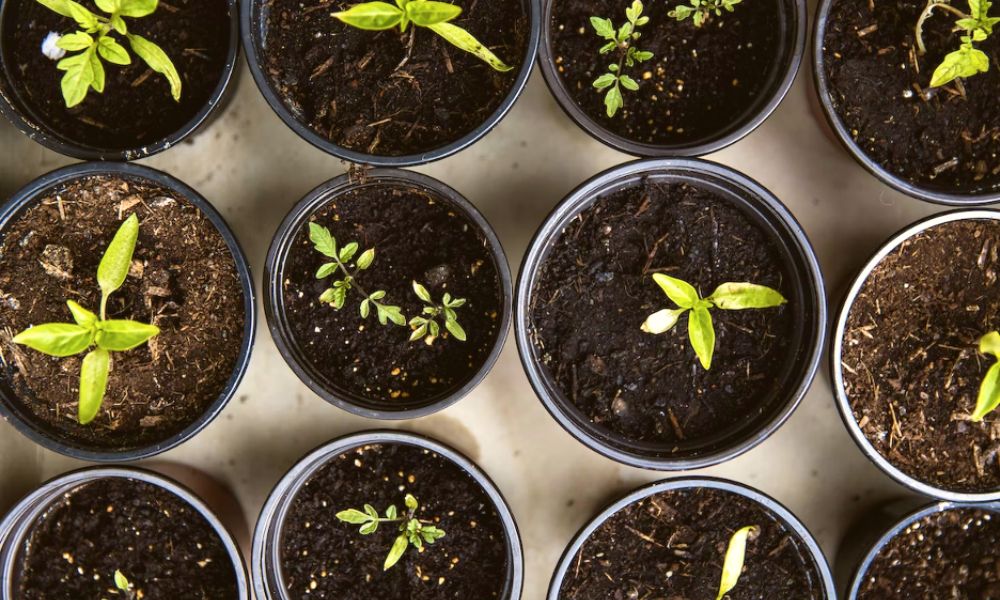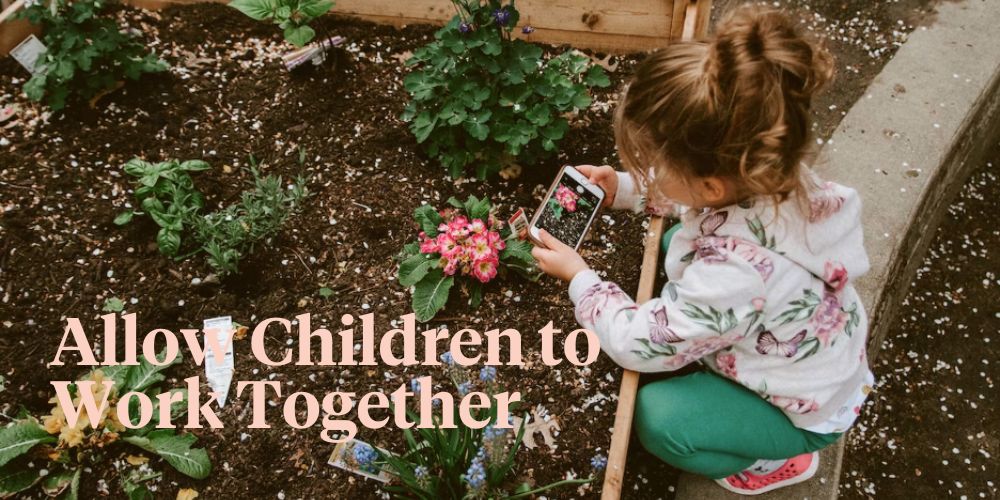School gardens are a great tool for interdisciplinary learning. They allow them to practice knowledge and skills from different areas. And at the same time, they instill values in children while they are having fun.
School Gardens Teach Balanced Eating Habits
Encouraging children to grow their own vegetables is a good way to introduce them to vegetables and learn to appreciate them. In this way, school gardens can help us promote a varied diet high in fruits and vegetables. Balanced nutrition is very important at a child's age.
Can Help Us Learn Math
They allow us to work on different knowledge at the same time. They can be used to learn numbers and colors with the youngest children, as well as to learn the names of vegetables in English. But they are also a great tool for working on basic geometry or economics with high school students. Because of it, they won’t buy research paper or other academic papers.
We can start by calculating the surface area of our vegetable garden or the number of carrots that will fit in a row, leaving a certain distance between them.
We can also use school gardens to work on economic issues such as calculating unit production costs. To do this, we will have to consider the total number of units grown, the cost of materials used (soil, fertilizer, insecticides...), the hours of work, and the cost of that time...

They Help to Better Understand What Is Written in Books
The garden is also very useful as a supplement to the classroom. It can be used to support science learning. For example, work out the difference between vegetables, fruits, or legumes, or the role of the sun, water, and soil nutrients in the growth of all kinds of plants. Understanding the importance of photosynthesis and remembering how it works is easier when you can see a real-life example.
Develop Motor Skills
Growing vegetables requires the use of hands to turn the soil and the use of tools, from shovels or rakes to watering cans or planks, to make the plant grow straight. Thus, it is a way for children to work on fine motor skills while doing educational activities on other levels.
Promote Teamwork
To create a school garden, in addition to working with our hands, we need to put other skills into practice. Crops must be chosen to suit the local conditions, and the activities necessary to achieve the goal must be planned and coordinated locally to implement them.
All this means, therefore, teamwork, or in other words, learning to follow and apply the guidelines set by teachers at a certain time, and at the same time being able to coordinate with peers and acquire a certain degree of autonomy.
Allow Boys and Girls of Different Ages to Work Together
School gardens offer many possibilities, both in terms of the type of culture and the complexity of the tasks to be accomplished. They also allow children of different ages to interact with each other and participate in caregiving at the same time, adapting to age-appropriate tasks.
This is an activity that can be done by children in kindergarten and elementary school as well as adults, as long as we respect each other's abilities and limitations.

Instill the Value of Effort
If you've ever tended plants, you've probably experienced the satisfaction of seeing flowers appear after weeks of hard work. It's the same with school gardens: they can bring a lot of joy! They can also instill the idea that it takes a lot of effort to get results, but also that hard work pays off. Eating a delicious, home-grown tomato is one of them.
Allow Learning While Enjoying the Sun and the Outdoors
We all need to move around, get some fresh air, and feel the sun on our faces. But we spend too much time sitting and being confined within four walls. And not just when we're adults, the same thing happens in schools. And in this context, school gardens offer a great alternative. A place to learn outdoors with all the physical and emotional benefits that come with it.
School Gardens Can be Used for Recycling
The school can use organic waste from the school cafeteria and garden waste from tree pruning to produce compost. This is certainly a way to use the waste and thereby contribute to caring for the environment and achieving Sustainable Development Goals.
It seems that the creation of a school garden has only benefits for the children. So, why don't you create one?




